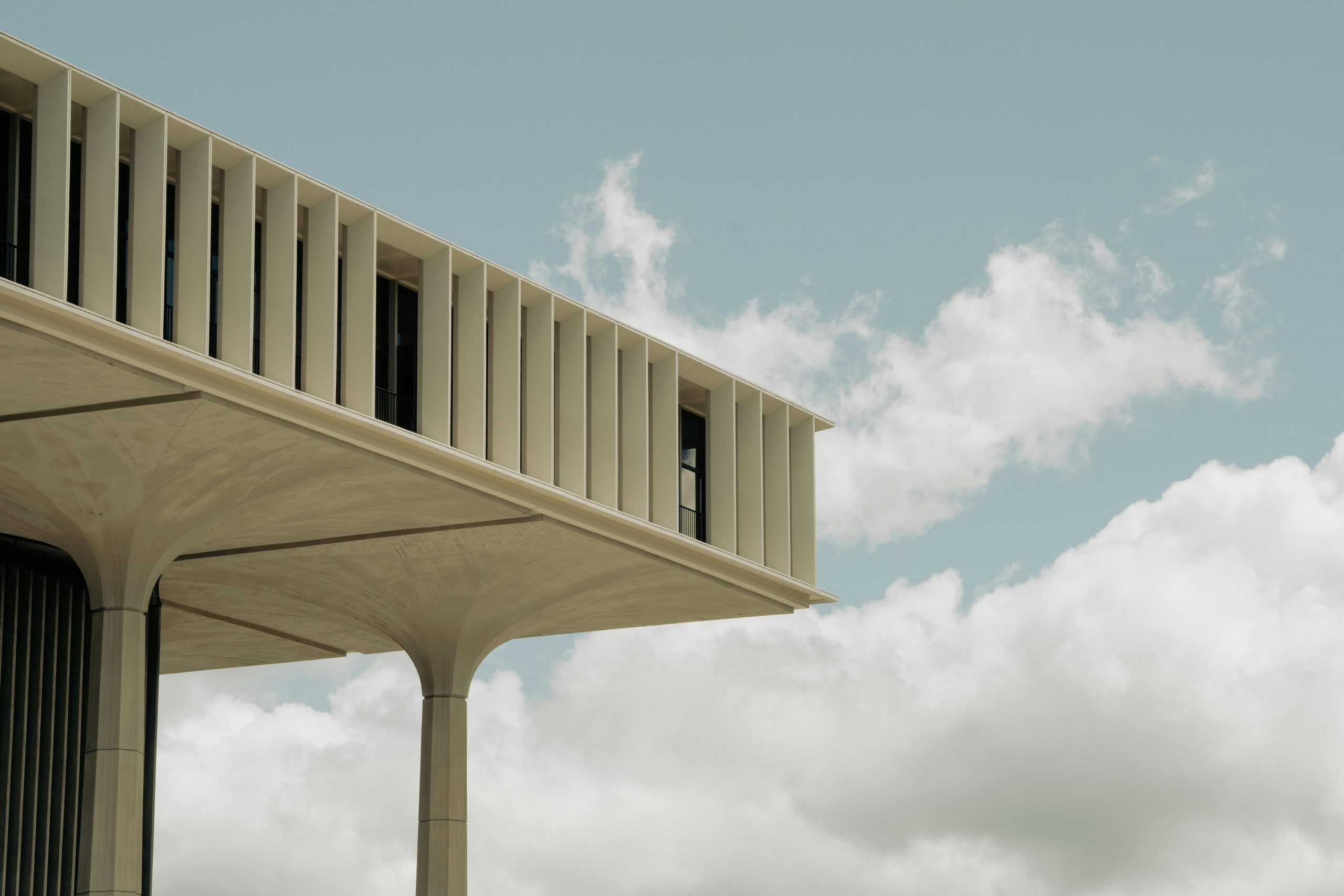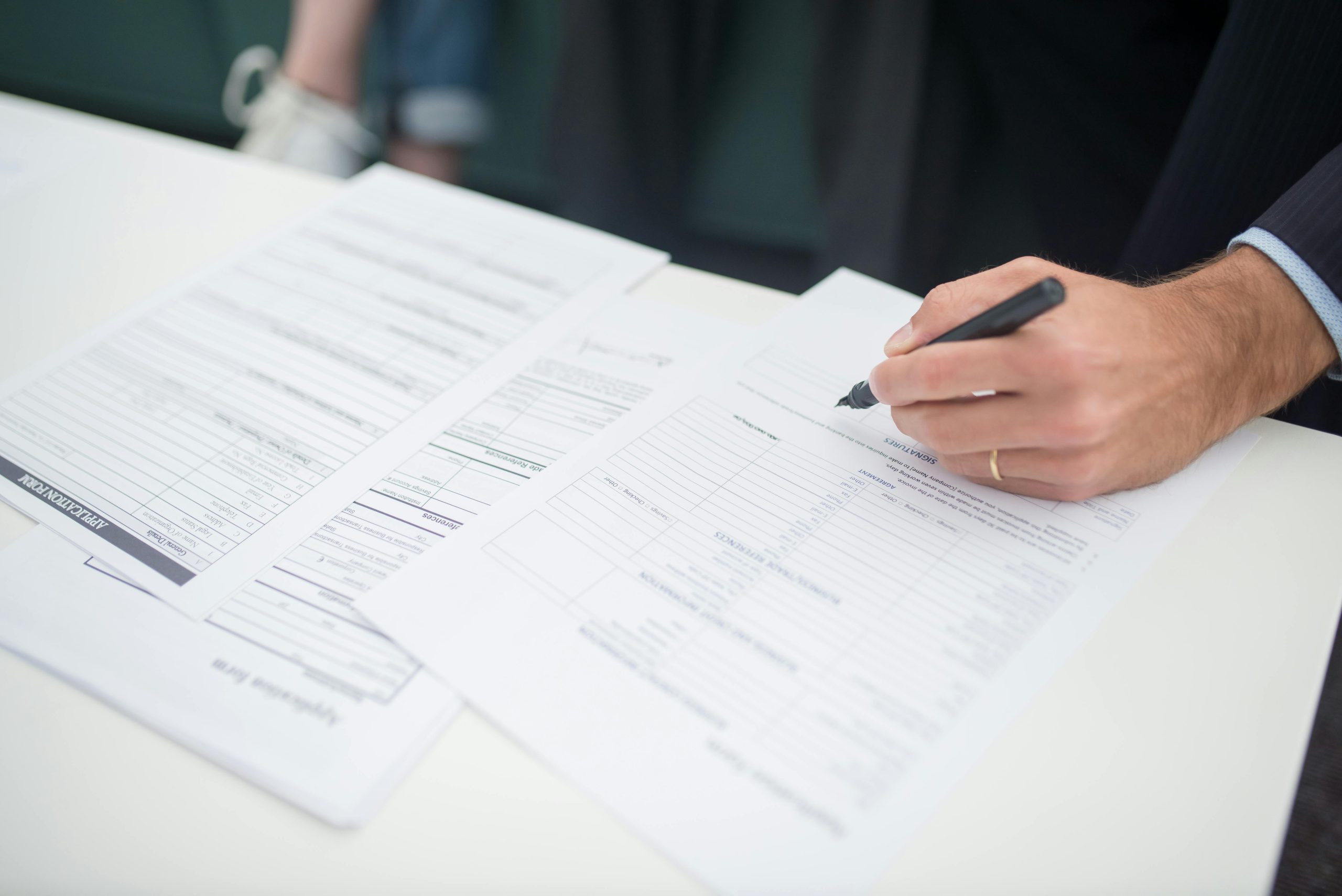Title: Navigating Insurance Disputes After a Fallen Tree: What Homeowners Need to Know
When a tree unexpectedly crashes onto your property, it can be an overwhelming and upsetting experience. Recently, a homeowner faced a common dilemma: their insured shed was damaged when a tree fell during a storm. The homeowner consulted a certified arborist who explained that the fall resulted from a combination of wind and rain. However, the insurance company contested this assessment, claiming the damage was caused solely by rain and subsequently denied the claim.
Understanding the complexities of insurance claims in such circumstances is crucial for homeowners seeking proper coverage and resolution. Here are some key insights and steps to consider if you find yourself in a similar situation:
1. Clarify the Cause of Damage with Expert Evidence
A certified arborist’s assessment can offer valuable insights into the factors leading to the fallen tree. If your arborist’s report details that both wind and rain contributed to the incident, this documentation can serve as critical evidence in your claim dispute.
2. Review Your Insurance Policy Thoroughly
Insurance policies often contain specific language regarding coverage for storm-related damages. It’s important to understand whether your policy explicitly defines coverage for damage caused by wind, rain, or both, and under what circumstances. This clarity can help you assess the strength of your claim.
3. Document Everything
Capture detailed photographs of the damage, the fallen tree, and any signs of wind or storm activity. Keep records of communication with your insurance company. These records can be essential in case of a dispute.
4. Engage Directly with the Insurance Company
Since no insurance adjuster has visited your property, request an in-person inspection. This allows them to assess the damage firsthand and may lead to a more favorable outcome.
5. Contest Denial Through Formal Appeals or Legal Advice
If your claim is denied, understand that you have options. Many jurisdictions offer mechanisms for appeals. Seeking advice from a professional, such as a public insurance adjuster or attorney specializing in property claims, can greatly improve your chances of a successful resolution.
In summary, insurers sometimes dispute the causes of storm-related damages, which can result in claim denials. However, armed with professional assessments, comprehensive documentation, and awareness of your policy, you can challenge these decisions. If you find yourself facing similar challenges, consider consulting with experts and pursuing your rights to ensure your property is adequately protected.
**Have you experienced a similar situation? Share your experiences and



